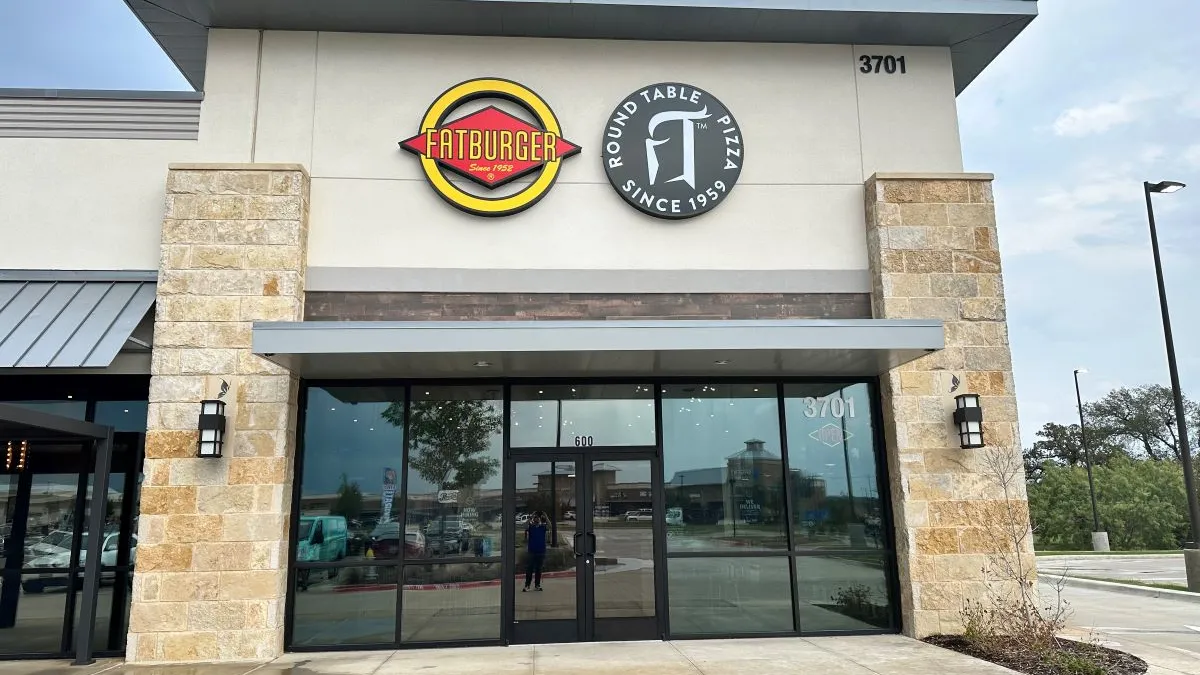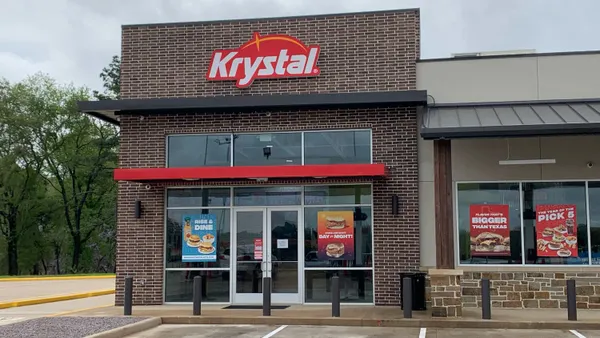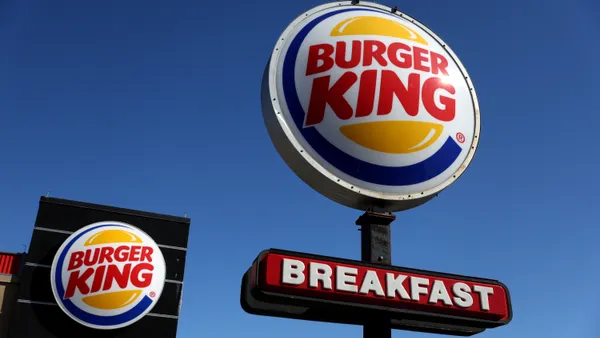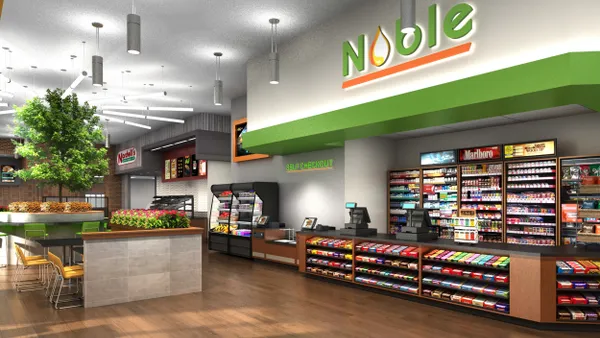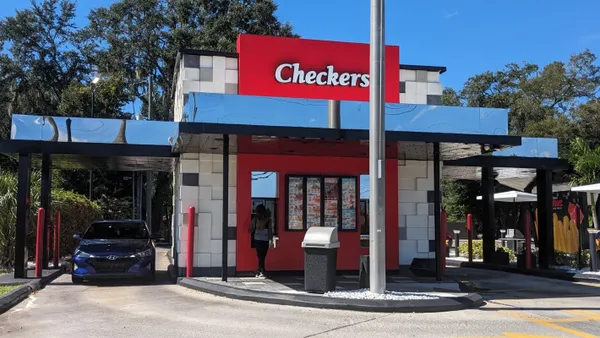Dive Brief:
- Fat Brands has hired two development executives: Ammy Harrison, senior vice president of non-traditional development and Maiyo Hood, vice president of international development, the brand announced Wednesday.
- The two executive appointments signal Fat’s development priorities, according to the press release. The company is working on building out a roughly 1,100-unit pipeline, according to its Q2 earnings call.
- On the company’s Q2 earnings call, Andrew Wiederhorn, Fat’s board chairman and ex-CEO, said the brand platform aims to open about 120 units in 2024 and that non-traditional units “such as airports, cruise lines, amusement parks, universities and casinos represent a key area of growth.”
Dive Insight:
Harrison, who started in her position in May, brings a long tenure in the restaurant industry to Fat. Prior to joining Fat Brands she worked as vice president of development and strategy at Penn Station East Coast Subs. Before that, she spent about 20 years at Papa Johns, according to her LinkedIn profile, and spearheaded the pizza brand’s non-traditional growth efforts, per the press release.
Hood worked as a managing director with Subway Greater China, “where he was key in driving forward the development of over 4,000 locations” in the country, the press release said. He was in that position for over six years, according to his LinkedIn profile. He has also worked at Yum Brands in a supply chain role, per the press release.
Under its non-traditional development plan, Fat recently opened a Round Table Pizza at Stanford University and has other collegiate expansion plans for the brand, Wiederhorn said on the earnings call. Additionally, Fat has opened 15 Johnny Rockets locations on Royal Caribbean Cruises ships, Wiederhorn said.
Between 20 and 30 of Fat’s projected openings for the rest of the year are international stores, Wiederhorn said.
Fat is still looking to acquire more brands, Wiederhorn said. An acquisition could alter its development strategy by expanding its geographical base, bringing new franchisees into its system and increasing opportunities for co-branding, which has been another key focus for development.
Despite the growth of its store base, Fat posted a 1.6% same-store sales decline in Q2, according to its earnings release, and a net loss of $39.4 million. The company’s leadership has also faced federal scrutiny, including an indictment filed against Wiederhorn and Fat over an alleged scheme that diverted $47 million out of the company between 2010 and 2021.



